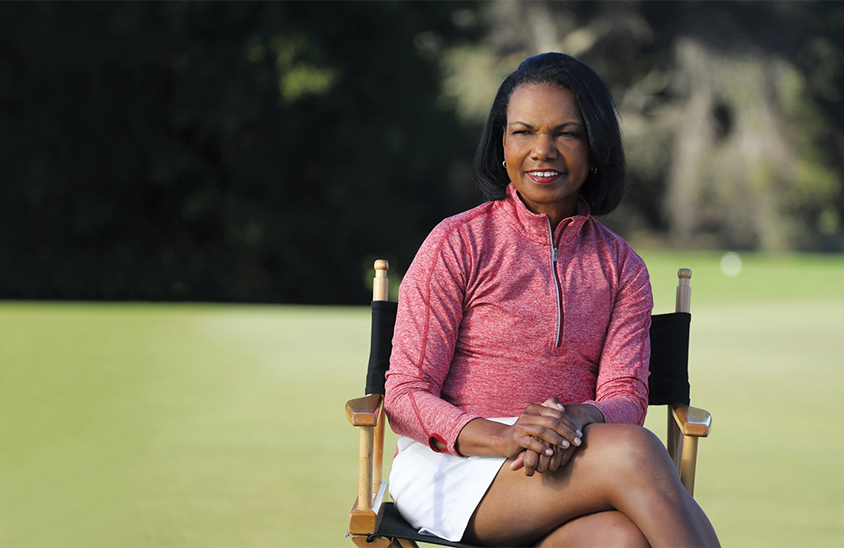Chevron had just bought an oil concession in what is now Kazakhstan. Its CEO at the time, Ken Derr, wanted someone versed in the collapse of the Soviet Union, and asked former Secretary of State George Schultz for a recommendation. I had just finished a stint as Special Assistant to President George H.W. Bush for Soviet Affairs, and Schultz suggested I might be a good fit.
Derr could have gone the typical route and hired me as a consultant. But he saw that—even though I was a 36-year-old professor at Stanford—I had a special, niche talent his company needed on its board. Ken Derr broke the code. He wasn’t looking to diversify from the point of view of bringing on a black woman. Instead, he precisely defined what he needed and followed it.
On the other side of the coin, individuals still face hurdles to equality. Having grown up in segregated Birmingham, Alabama, the picture today is much brighter and, despite fits and starts, America continues to progress. Racism, sexism and a lack of role models are still obstacles, but they can be overcome.
Business leaders must never accept belittling behavior from anyone on their teams, and should find help inside and outside the organization to navigate the difficult circumstances around inequality. Still, best efforts aside, people working their way up also must learn to speak up, and develop the confidence to be in control of their reactions to trying circumstances.
I’m very optimistic about the future of equality in the business world. This is in part due to programs such as the KPMG Future Leaders Program, which encourages young women—many of whom come from challenging circumstances—to reach high and see themselves in positions of leadership. Likewise, the KPMG Women's Leadership Summit brings up-and-coming C-suite women executives together to build a continued pipeline to help support women from the start of their careers to the end.

Challenging the status quo with grace, grit and composure
Successful diversity is hard and, despite progress, still harder for some groups of people versus others. But it’s far from impossible. I like to remind people that I was a failed piano major—if I can find career success, most people can. My most important message always remains the same: You can do this.



